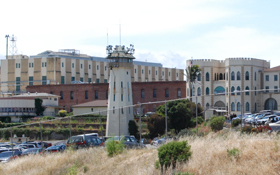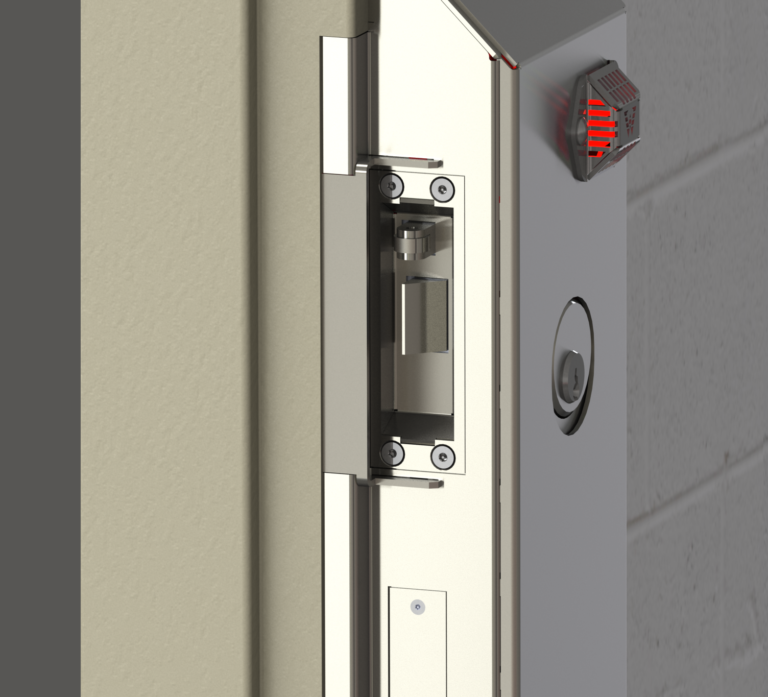Calif. Cancels Death Row Replacement Project
SACRAMENTO, Calif. — Gov. Jerry Brown has canceled the $356 million death row replacement project at San Quentin State Prison, citing budget constraints.
“At a time when children, the disabled and seniors face painful cuts to essential programs, the state of California cannot justify a massive expenditure of public dollars for the worst criminals,” Brown said.
The facility would have cost the state $28.5 million annually for 25 years. Approved in 2003, California has spent $20 million on the planning and design of the facility since then.
the facility since then.
 the facility since then.
the facility since then.The new death row complex, planned at 540,000 square feet, would have replaced cells built in the early part of the 20th century and deemed unsafe by correctional officers.
San Quentin’s death row was built to hold 554 inmates but currently holds about 700. The new complex would have had 768 cells. Various lawmakers have opposed the project, arguing it could reach capacity in as little as three years.
Condemned prisoners spend an average of 17 years on death row.
Inmates currently live one to a cell, but the prison system planned to begin housing two to a cell in order to hold 1,152 prisoners. According to the state auditor, placing two inmates in each cell would provide enough capacity for death row until 2035, but opponents say such a bunking scheme might violate prisoners’ rights.
If the state continues housing one inmate in each cell, the new complex would have been full by 2014.
The death row project has proved controversial at a time when the state is struggling to close a massive budget deficit. It costs three times as much to incarcerate a death row inmate than a regular inmate, according to research conducted for the California Commission on the Fair Administration of Justice.
The corrections department estimates it costs the state $44,500 a year to house a regular inmate but has no figures available on the costs associated with incarcerating a condemned inmate.
The state has put a hold on lethal injections while a lawsuit challenging the three-drug cocktail used to execute inmates is resolved. Brown has said he opposes capital punishment but would not move to ban it since most Californians support it.
While polls show a majority of Californians support capital punishment, the high cost of operating death row is beginning to erode that support.






